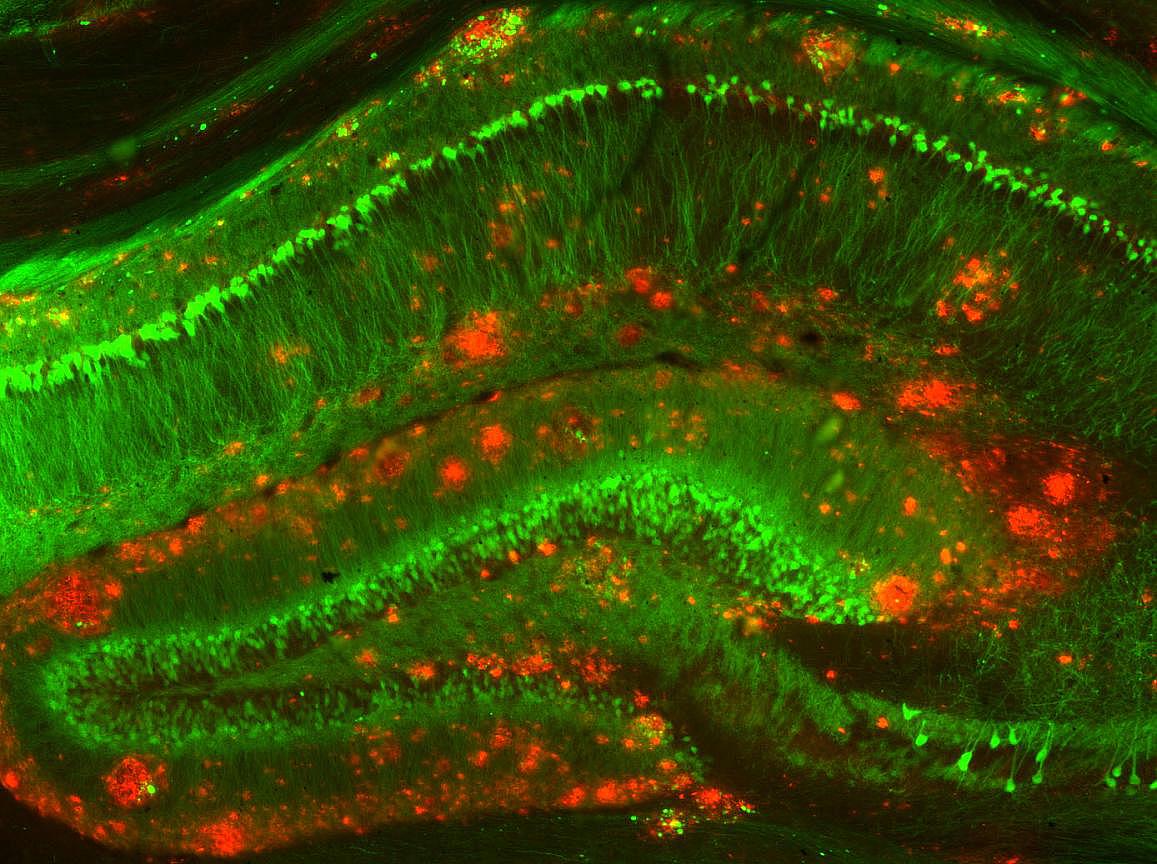Compound prevents neurological damage, shows cognitive benefits in mouse model of Alzheimer’s disease
Mouse nicotinamide riboside study shows potential for human research
The supplement nicotinamide riboside (NR) – a form of vitamin B3 – prevented neurological damage and improved cognitive and physical function in a new mouse model of Alzheimer’s disease. The results of the study, conducted by researchers at the National Institute on Aging (NIA) part of the National Institutes of Health, suggest a potential new target for treating Alzheimer’s disease. The findings appear in the Feb. 5, 2018, issue of Proceedings of the National Academy of Sciences.
NR acts on the brain by normalizing levels of nicotinamide adenine dinucleotide (NAD+), a metabolite vital to cellular energy, stem cell self-renewal, resistance to neuronal stress and DNA repair. In Alzheimer’s disease, the brain’s usual DNA repair activity is impaired, leading to mitochondrial dysfunction, lower neuron production, and increased neuronal dysfunction and inflammation.
The international team of scientists was led by Vilhelm A. Bohr, M.D., Ph.D., senior investigator and chief of the Laboratory of Molecular Gerontology of the NIA’s Intramural Research Program, with Dr. Yujun Hou, a postdoctoral investigator in the laboratory.

In a mouse model of Alzheimer’s disease, amyloid beta clusters (red) build up among neurons (green) in a memory-related area of the brain. With support from the National Center for Advancing Translational Sciences, scientists have found that a compound originally developed as a cancer therapy potentially could be used to treat Alzheimer’s disease.
This page was last updated on Friday, January 21, 2022